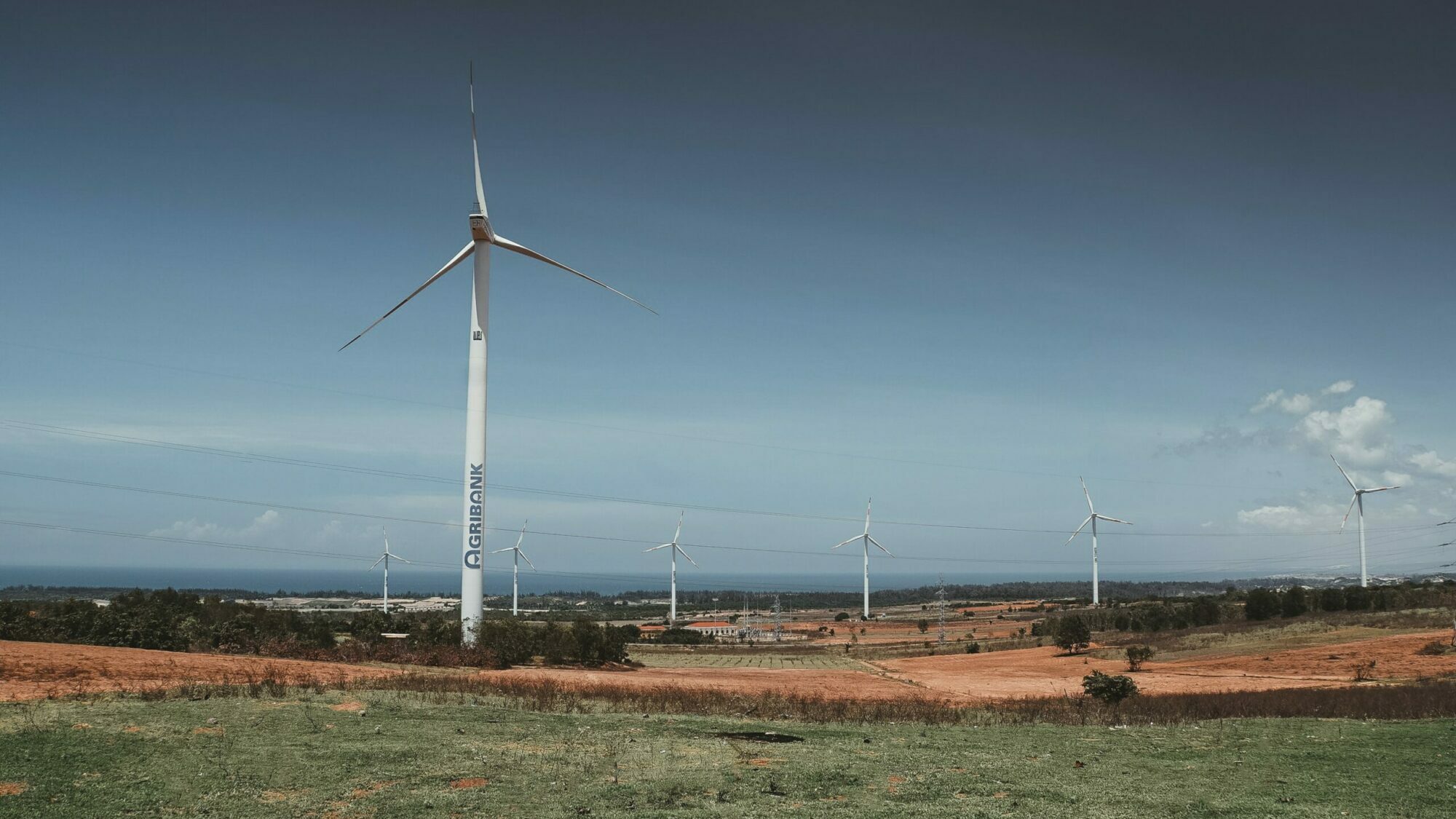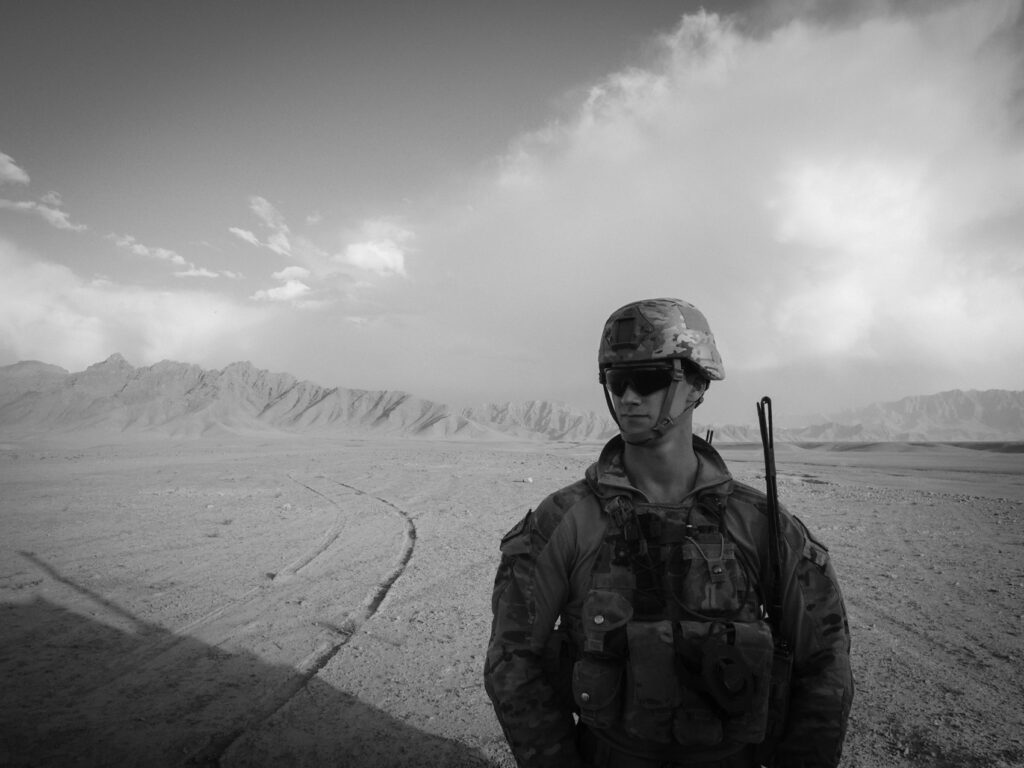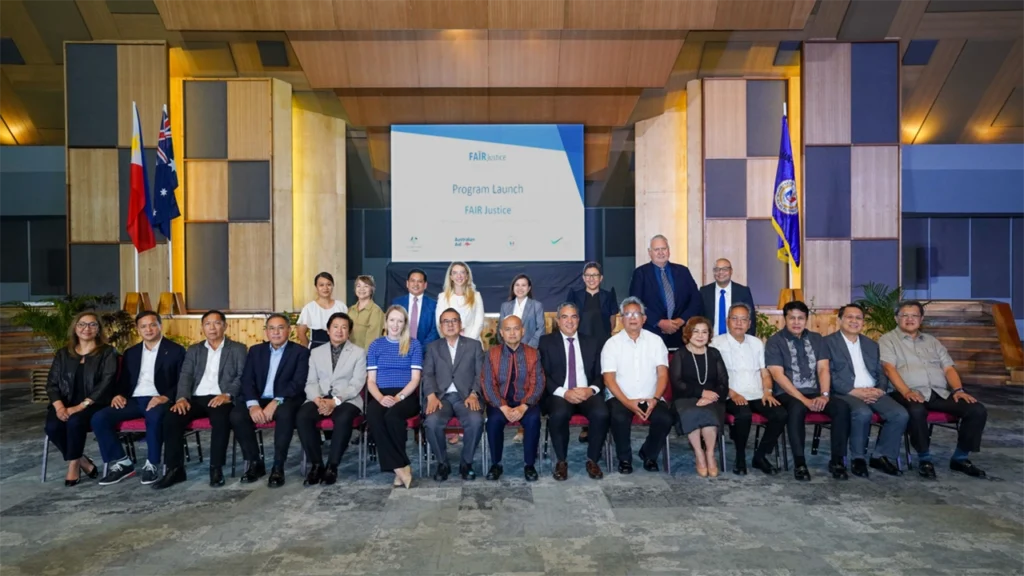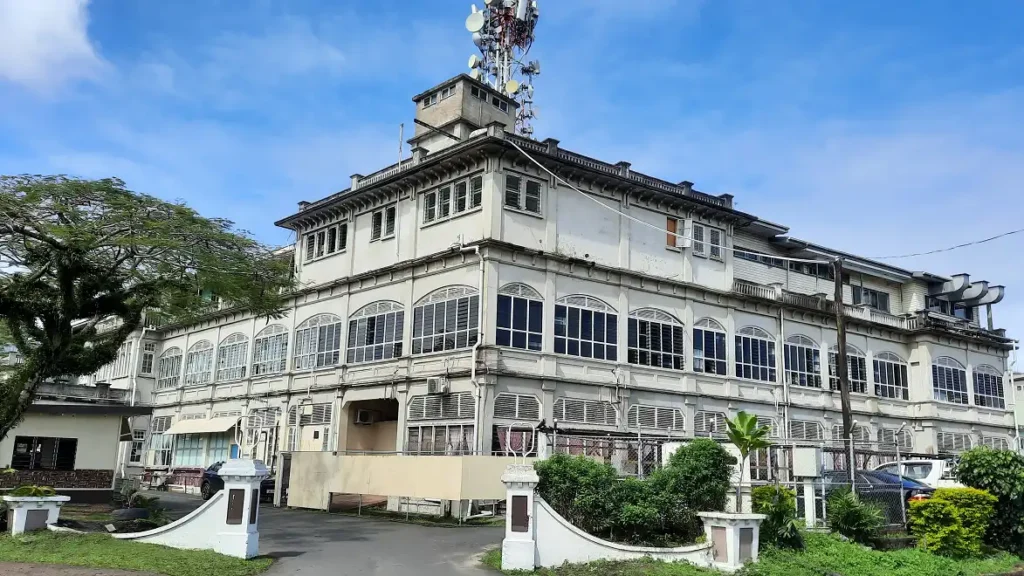

Tetra Tech International is pleased to announce it has joined the South Australian Veteran Employer Network, a new initiative that brings together employers with a genuine interest and commitment to improving employment outcomes for veterans and their partners.
The network was established following discussions between Veterans SA and local employers of veterans, who identified a need for a mechanism to connect like-minded employers, build relationships across organisations and promote the value of veteran/partner employment.
The objective of the network is to improve employment outcomes for veterans and defence/veteran partners in South Australia through networking, candidate sharing, and mentoring and guidance for other veteran employers.
Cameron Mapstone is now Tetra Tech’s Head of Legal, Risk and Compliance, but he’s also a veteran, having served in Australia and abroad.
Cameron talks to us about his time in the military, how it set him up to succeed in his civilian career, and why Tetra Tech’s relationship with the South Australian Veteran Employer Network is so important.
Tell us about your military experience.
I enlisted in the Army as a rifleman in 2007. Following infantry training, I was posted to the 7th Battalion, The Royal Australian Regiment (7RAR). In 2011 I was fortunate enough to undertake training to specialise in Reconnaissance operations. As a result of this training I had the privilege of serving a Patrol Commander within the 7RAR’s Reconnaissance, Snipers and Surveillance Platoon where I was required to lead a small team in surveillance and information gathering operations. This was a particularly fulfilling role given it was the first time in 7RAR’s history having a reconnaissance team so it was really a blank canvas in terms of building an effective capability and raising 7RAR’s reputation amongst the other units of the Regiment. In 2012 I deployed to Afghanistan as a Section Commander on Operation Slipper. In this role I led a team of 10 soldiers on operations in remote areas of Afghanistan to support the 4th Afghan National Army Brigade in its conduct of more than 13 independent brigade-level operations, maintaining pressure on the Taliban.

Cameron during his deployment to Afghanistan as a Section Commander, where he led a team of 10 soldiers on operations in remote areas of the country. Image: Cameron Mapstone.
What does membership of South Australian Veteran Employer Network mean for Tetra Tech?
The membership signifies a commitment from Tetra Tech to ally with other employers dedicated to creating meaningful employment prospects for veterans after their service, and to take steps to build a better understanding amongst employers about what veterans can bring to the workforce. This collaboration fosters a community of like-minded organisations committed to leveraging the unique skills and experiences of veterans, contributing to Tetra Tech’s diverse and inclusive workforce, while supporting those who have served our nation.
What does it mean for veterans?
The decision to leave the military can be a difficult one. It’s clouded in uncertainty for most veterans. Initiatives like the Veteran Employer Network help to remove some of the uncertainty, by providing clear opportunities for employment, a critical resource of information about after-service employment, and access to a pre-established network of employers, who can assist veterans and their families navigate part of their journey from the military to civilian life. Further to that, the Veteran Employer Network supports veterans by supporting spouses. It provides access to a network of employers for spouses, who have been regularly moving due to the standard military posting cycle.
How does membership work?
The group is used as a network to connect with other members, share candidate information, celebrate success and share information that may be useful to other members of the group.
What transferable skills do veterans develop while in the military that can benefit civil organisations?
- Systemic thinking: As military operations rely on a high degree of co-ordination for success, the plans usually change quite rapidly, and individuals may be required to fill additional roles. Veterans develop strong systems-thinking skills through their training. The military generally emphasises a holistic approach to problem-solving, encouraging soldiers to understand the broader context and anticipate potential consequences, this fosters systemic thinking. Veterans have learnt to consider the interconnectedness of various elements of a plan or strategy to achieve mission success, and can quickly build an understanding of the priorities and intentions of their managers, as well as the organisation as a whole.
- Teamwork: Teamwork is ingrained in veterans throughout all their military training, where they learn to prioritise the team’s success over individual achievements. This instinctive alignment to strong teamwork, developed through years of collaboration in demanding environments means veterans deeply understand the value of diverse perspectives and embrace shared responsibility for achieving collective goals, making them valuable assets, as this allows them to foster synergy and drive successful outcomes.
- Leadership: Military service instils veterans with a profound sense of responsibility, encompassing resources, tasks, and personal conduct. This cultivates effective leadership skills, including motivating others, setting clear expectations, delegating tasks efficiently, and providing detailed instructions. Furthermore, thriving in a highly structured and collaborative environment equips veterans with exceptional communication, teamwork, and decision-making abilities. This blend of leadership and collaborative experience allows veterans to flourish in diverse settings, effectively navigating both directive and independent roles.
- Problem-solving: Veterans are trained to think critically, analyse complex situations, and develop creative solutions to problems in demanding environments. For employers, this translates to increased efficiency, cost savings, and a more resilient organisation, better equipped to navigate unforeseen challenges.
- Adaptability and resilience: Veterans are accustomed to working in high-pressure environments and adapting to changing situations quickly. Operating in these circumstances builds resilient individuals, who can overcome challenges and bounce back from setbacks.

Cameron says veterans develop valuable skills in the miliary, such as systematic thinking and teamwork, which can benefit civil organisations. Image: Cameron Mapstone.
What skills attained through your service, have helped you as a civilian?
I’ve had a few jobs since leaving the military, but the same skill sets have been valued, and highly useful in all. Leadership skills and the ability to understand and jump into a different role either laterally or upwards where the need arises, is a major benefit. The ability to adapt in this way is borne out of a drilled discipline in quickly building an understanding of the goals of the team or organisation, then orienting yourself within that understanding.
In the military, you always need to be ready to pick up additional responsibilities, or jump into the leader’s seat. From a technical perspective, military analysis and planning skills were adaptable, practical and highly sought after by all organisations I’ve worked for post service. As you can imagine, the military has highly regimented, and specific analysis and planning processes given the stakes. Once you can move away from the rigidity, learn the civilian terms for the process and apply the underlying principles, it becomes a great skillset to have.
Find out more about the South Australian Veteran Employer Network.



